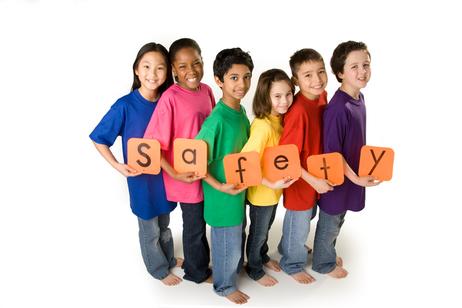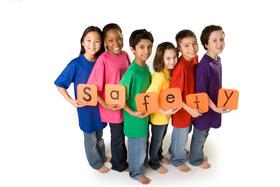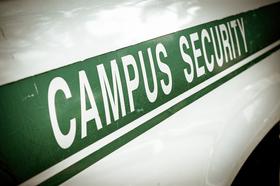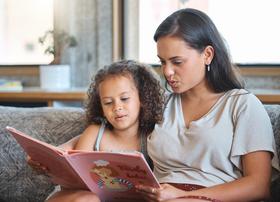Safe schools are everybody's concern these days. Remember how years ago, we only worried about keeping the dormitory doors locked at night and ensuring the trip to New York City was properly chaperoned? It was so simple. But everything has changed. According to the National Center for Education Statistics, over 900,000 reported incidents of violence in U.S. public schools in a single school year. This statistic underscores the importance of understanding and ensuring school safety.
The Importance of School Safety
Now, parents, teachers, and students have to deal with cyber-security, stalking, substance abuse, bullying, suicide, and a host of other really tough issues. School safety is more than just preventing violence. School safety encompasses measures designed to protect students from threats, including bullying, natural disasters, and health emergencies. Parents and school community members expect us to provide a safe environment. That, after all, is essential for fostering the academic success of students and the emotional well-being of every member of the school community. When students feel secure, they are more likely to thrive academically and socially. How does a school community implement a robust, effective safety program? Let's take a look.
Improve your communications
In a very small school -100 students or less- you might be able to get away with the old-fashioned telephone tree where one person calls five others and so on. The problem with this method of alerting the community is that there are always a few people who don't get called. Install an emergency notification system, and most of your worries will be over. Emergency notification systems use text messages, email, websites, and apps to communicate news instantly to every member of your community. Whether the news is a weather-related closing or an accident involving one of your teams, the message is received instantly on the user's phone.
You can alert your community to the bad news before it hits social media or WhatsApp. Google "emergency notification systems" to understand the available systems. Then have your IT consultant get two or three proposals for you and your board to review. An emergency notification system will help prevent the spread of misinformation when things happen. It's critical that you appear calm, informed, and informed when a crisis occurs. You've seen countless spokespeople on TV who mean well but project incompetence. Your school's reputation is your most valuable marketing tool. Don't squander it because you think you think you cannot afford an emergency notification system.
This video explains emergency notification systems.
Improve your training.
Pretending issues don't exist is simply stupid and irresponsible. It also exposes your school to incredible legal liability. Every school operates in loco parentis. Don't take that responsibility lightly.
Hold seminars for every member of your community on big issues such as sexual harassment, hazing, and bullying. Conduct follow-up training and refresher sessions. Everybody from the security guard to the head of school must understand the issues and what to look for. Develop policies and codes of conduct to address all these issues. Then, enforce these policies unequivocally and fairly.
Need to see what programs are available? Capterra has a list worth reviewing.
Improve your support staff and programs.
The pressure on young people to succeed in a private school is enormous. Parents explicitly or implicitly expect excellent results from their substantial investment in their child's education. Depression, substance abuse, and suicide are all syndromes that result from such pressures. Establishing protocols, trained staff, and support programs to assist your students is critical. Dekra offers whitepapers and other materials to help you improve your school's safety culture.
Common Safety Measures in Schools
Schools employ various safety measures to create a secure environment. These measures can include:
- Surveillance Systems: Schools use CCTV cameras to monitor school premises and deter potential threats.
- Access Control: Schools have controlled entry points to prevent unauthorized access.
- Emergency Drills: Regular drills for fire, lockdown, and evacuation prepare students and staff for emergencies.
- School Resource Officers: Many schools employ trained officers to ensure safety and handle incidents.
This video explains what safety training your school personnel need.
Constant vigilance
Teach every member of your community to be vigilant. They must be alert to what is happening around them and report any suspicious activity to the proper authorities. Treat every report, no matter how insignificant, with respect and sensitivity. You never know where these reports may lead. A safe school does not happen. A safe school results from a concerted effort on the part of your school community to have a safe school.
We hope you found this guide helpful. If you have any questions or additional tips on school safety, please share them in the comments below. Don't forget to share this article with other parents who might benefit from this information!
Questions? Contact us on Facebook. @privateschoolreview
#SchoolSafety #SafeSchools #ParentingTips #PrivateSchools #ChildSafety #Education #SchoolSecurity #ParentingAdvice #StudentWellbeing #SecureSchools
























